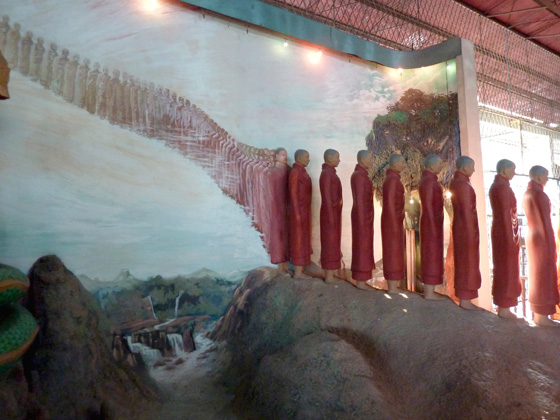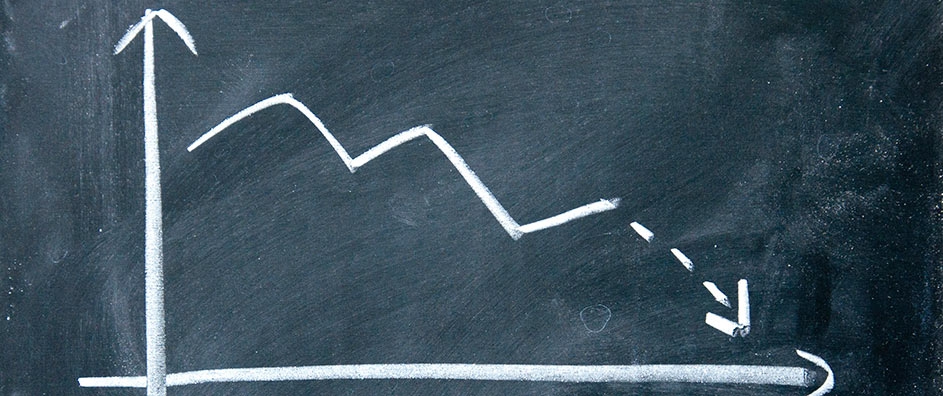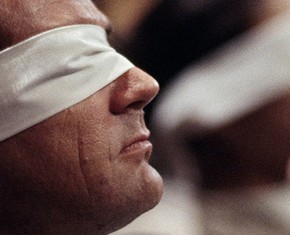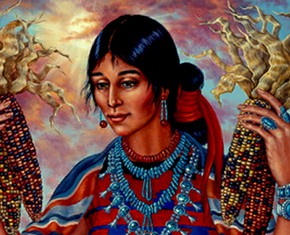The views expressed in our content reflect individual perspectives and do not represent the authoritative views of the Baha'i Faith.
You are as the yellow leaf.
The messengers of death are at hand.
You are to travel far away.
What will you take with you?You are the lamp
To lighten the way.
Then hurry, hurry.When your light shines
Without impurity or desire
You will come into the boundless country.Your life is falling away.
Death is at hand.
Where will you rest on the way?
What have you taken with you?You are the lamp
To lighten the way.
Then hurry, hurry.When your light shines purely
You will not be born
And you will not die. – Gautama Buddha, The Dhammapada
 The true nature of this material, earthly reality, the Buddhists say, is its impermanence.
The true nature of this material, earthly reality, the Buddhists say, is its impermanence.
In fact, we know scientifically that all existence has one quality in common—transience. Reality undergoes constant change from one moment to the next. This understanding of our physical reality, the mutability of life, the Buddhists call anicca, which means “inconstant” or “changeable.”
It is said an Eastern monarch once charged his wise men to invent him a sentence, to be ever in view, and which should be true and appropriate in all times and situations. They presented him the words: “And this, too, shall pass away”. How much it expresses! How chastening in the hour of pride!—how consoling in the depth of affliction! – Abraham Lincoln
Nothing stays the same. The only constant in the physical world is change. Why should the outer forms of religion be exempt? In fact, the Baha’i teachings tell us, religion itself also changes, declines and must be renewed:
In the beginning, this tree was full of vitality and laden with blossoms and fruit, but gradually it grew old, spent, and barren, until it entirely withered and decayed. That is why the True Gardener will again plant a tender sapling of the same stock, that it may grow and develop day by day, extend its sheltering shade in this heavenly garden, and yield its prized fruit. So it is with the divine religions: With the passage of time, their original precepts are altered, their underlying truth entirely vanishes, their spirit departs, doctrinal innovations spring up, and they become a body without a soul. That is why they are renewed. – Abdu’l-Baha, Some Answered Questions, newly revised edition, p. 189.
However—this deep subject has a subtle, nuanced explanation in the Baha’i writings. Abdu’l-Baha differentiates between the eternal, immutable essence of religion and its temporal principals and laws:
The religion of God consists of two parts. One is the very foundation and belongs to the spiritual realm; that is, it pertains to spiritual virtues and divine qualities. This part suffers neither change or alteration: It is the Holy of Holies, which constitutes the essence of the religion of Adam, Noah, Abraham, Moses, Christ, Muhammad, the Bab, and Baha’u’llah, and which will endure throughout all the prophetic Dispensations. It will never be abrogated, for it consists in spiritual rather than material truth. It is faith, knowledge, certitude, justice, piety, righteousness, trustworthiness, love of God, and charity. It is mercy to the poor, assistance to the oppressed, generosity to the needy, and upliftment of the fallen. It is purity, detachment, humility, forebearance, patience and constancy. These are divine qualities. These commandments will never be abrogated, but will remain in force and effect for all eternity…
The second part of the religion of God, which pertains to the material world and which concerns such things as fasting; prayer; worship; marriage; divorce; manumission; legal rulings; transactions; and penalties and punishments for murder, assault, theft, and injury, is changed and altered in every prophetic Dispensation and may be abrogated—for policies, transactions, punishments, and other laws are bound to change according to the exigencies of the time.
Briefly, what is meant by the term “Holy of Holies” is that spiritual law which can never be changed or abrogated, and what is meant by the “Holy City” is the material law which may be abrogated… – Ibid., pp. 54-56.
















Comments
Sign in or create an account
Continue with Googleor